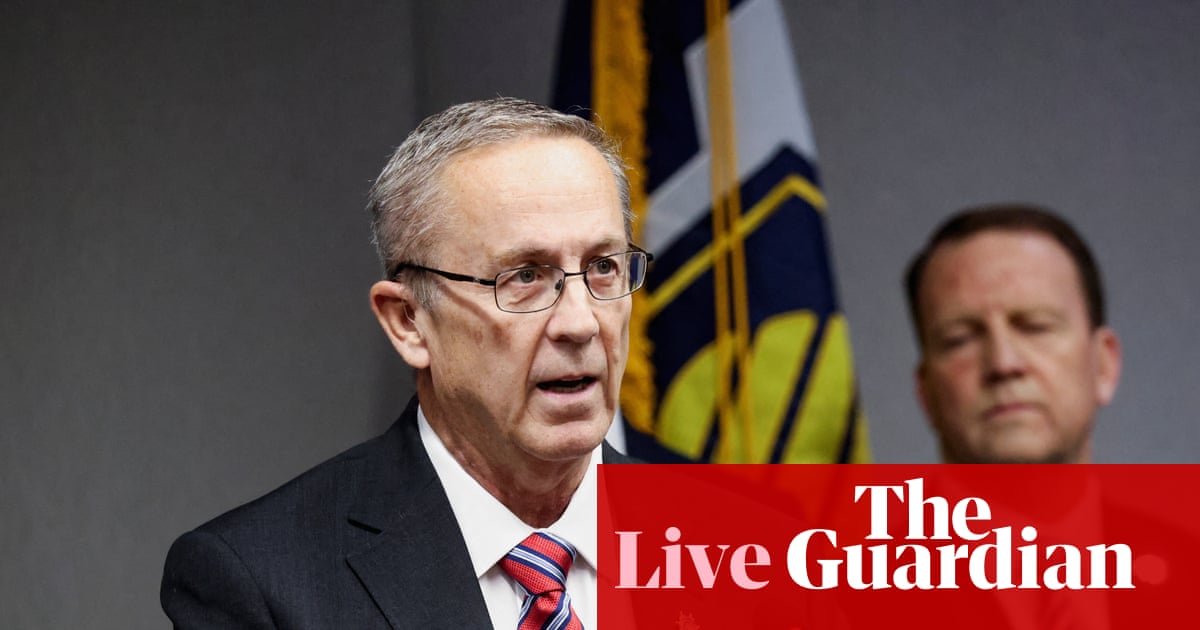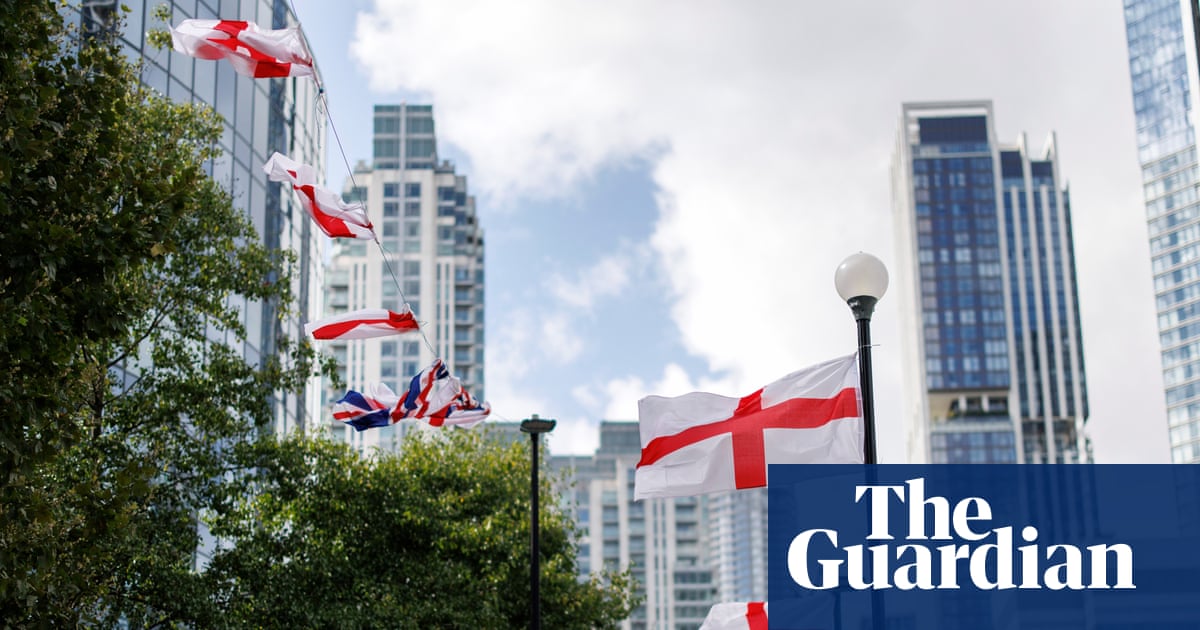Britain needs to be ready to fight a war in Europe or the Atlantic, a strategic defence review will conclude, though it is not expected to promise immediate increases in the size of the armed forces to deal with the threat.
The 130-page document will call for a move to “war-fighting readiness” to deter Russian aggression in Europe and increases in stockpiles of arms and support equipment, some of which may only last days in a crisis.
Keir Starmer, the prime minister, will launch the review on Monday, saying the exercise “will ensure the UK rises to the challenge and our armed forces have the equipment they need” in what ministers say is an increasingly unstable world.
But it is not expected to contain any additional spending commitments and the defence secretary, John Healey, acknowledged on Sunday that any plans to increase the size of the British army, at its smallest for 300 years, will have to wait until after the election.
Speaking to the BBC, Healey said there had been “15 years of a recruitment and retention crisis in our armed forces” as he acknowledged that the size of the army had fallen to a low 70,860 – below the government’s current target of 73,000.
The minister conceded that Labour had so far failed to turn the situation around, despite talk that Britain is prepared to participate in a peacekeeping deployment in Ukraine. “We’ve still got more people leaving than joining,” he said.
“The first job is to reverse that trend, and then I want to see in the next parliament our ability to start to increase the number [of soldiers],” Healey continued, apparently deferring any increase until after an election due in 2029.
There had been speculation that Healey had been seeking to secure a commitment to increase the target size of the army to 76,000, though defence sources said that could have cost up to £2.5bn in pay, accommodation and equipment.
Though Russia is heavily embroiled in the war in Ukraine, experts believe that if the Kremlin agreed to a ceasefire, it could allow time for a country with an army of more than 600,000 and a militarised economy to threaten other parts of Nato’s eastern flank.
The three-strong review team, led by Lord Robertson, a former Nato secretary general, has made 62 recommendations, in response to what the team has concluded is “a new era of threat” from aggressive states such as Russia and drones, artificial intelligence and other new technologies.
On Sunday, Ukraine said that it had attacked 40 Russian bombers at airfields deep inside Russia, using remotely piloted one-way attack drones that were hidden in trucks inside Russia until ready to use. Operation Spider’s Web was in preparation for 18 months, with relatively cheap drones targeting strategic Russian aviation.
It is also expected to conclude:
-
The UK will commit to building 12 nuclear-powered attack submarines at Barrow in Cumbria and Raynesway, Derby, as part of the three-country Aukus programme with the US and Australia. The first submarines will launch in the late 2030s, replacing seven Astute-class submarines, tasked to operate around the world.
-
A total of £15bn will be invested in modernising the production of nuclear weapons at Aldermaston in Berkshire, supporting more than 9,000 jobs as part of a programme to supply bombs for the Dreadnought submarines that will replace the ageing Vanguard boats that carry the Trident deterrent.
-
That Russia poses an “immediate and pressing” danger posed by Russia while China is a “sophisticated and persistent challenge” to British interests. Iran and North Korea will be described as “regional disruptors” and potentially hostile to the UK, with each of the four showing growing signs of being willing to work together.
-
A new volunteer-led Home Guard be created to help protect airports, communications nodes and other parts of Britain’s critical national infrastructure from drone and other surprise attacks, freeing up the time of soldiers and specialist police who guard such locations at present.
after newsletter promotion
Ministers are also considering whether to restore an air-launched nuclear deterrent by buying F-35A aircraft which have been certified to carry the US B61-12 gravity bomb, which has a maximum explosive yield of 50 kilotons, more than three times the size of the 15kT bomb that was dropped on Hiroshima in 1945.
A report in the Sunday Times said the UK was considering buying the F-35A, though any arrangement to deploy B61 nuclear bombs in addition would probably be similar to existing situations in the Belgium, the Netherlands, Germany, Italy and Turkey, where nuclear weapons belonging to the US are stored in bunkers in those countries.
Britain is the only big nuclear power that has only one method of delivering a nuclear weapon, from a submarine at sea. But engaging in “nuclear sharing” with the US would be complex, and would require sensitive negotiations with the Trump administration if it were the path chosen.
In Europe, B61 bombs remain US property until there is a deemed to be war. At that point, because non-proliferation rules are then deemed not to apply, “the host country puts the weapons on their planes and sets off with them,” according to Dave Cullen, a nuclear expert at the Basic thinktank.
Healey declined to comment on air-launched nuclear weapons on Sunday, and no announcement is expected on the issue shortly. The minister instead reiterated the value of Trident. “For over 70 years, our UK nuclear deterrent has been the ultimate guarantee of security in this country. It’s what Putin fears most,” he told the BBC.
The defence review is not expected to announce any immediate increase in defence budgets, beyond a commitment to lift spending by about £5bn to 2.5% of GDP in 2027 and to 3% in the next parliament.
But Starmer and other Nato leaders are expected to discuss and agree fresh spending targets at a summit in The Hague later this month, of about 5% of GDP, of which 3.5% will be on military spending and the rest on cyberdefence and other infrastructure.

.png) 3 months ago
101
3 months ago
101

















































